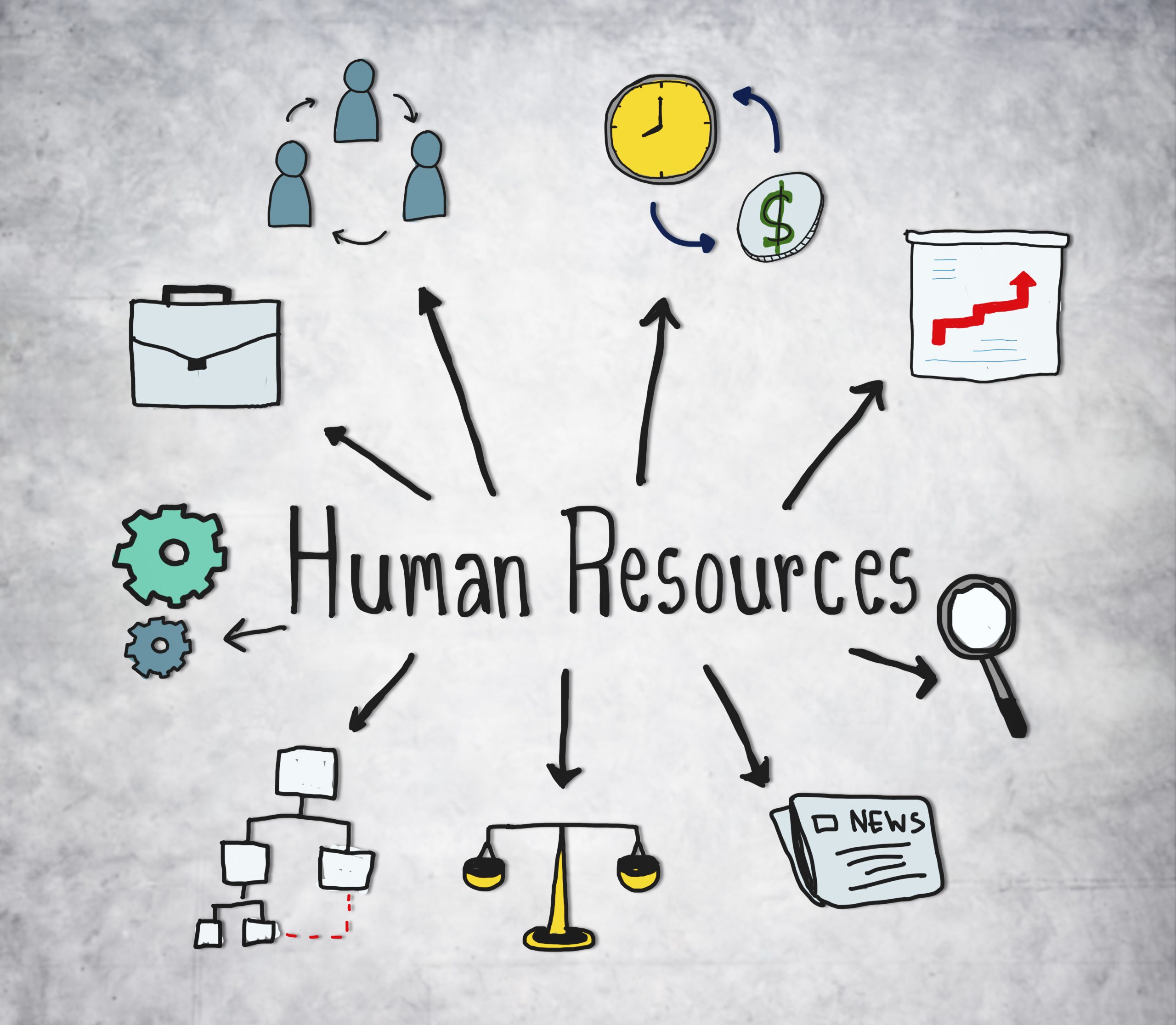
Human Resources (HR) is a critical function in any organization, dedicated to managing and optimizing the workforce to align with the company’s goals 港人大灣區創業. The scope of HR responsibilities is broad, encompassing several key areas essential for maintaining an effective and productive work environment.
The recruitment process is foundational to HR’s role. It begins with identifying organizational needs and defining the requirements for each position. HR professionals create detailed job descriptions and utilize various channels to attract qualified candidates, including online job boards, social media, and recruitment agencies. The goal is to select individuals who possess the necessary skills and align with the company’s values and culture. Effective recruitment ensures that the organization builds a strong and capable team from the outset.
Following recruitment, onboarding is a crucial step in integrating new employees into the organization. Onboarding programs are designed to familiarize new hires with their roles, the company’s mission, values, and workplace culture. A comprehensive onboarding process helps new employees adjust quickly, enhances their productivity, and increases job satisfaction. This initial phase is vital for setting the stage for long-term success and retention.
Training and development are ongoing responsibilities for HR. Identifying skill gaps and organizing relevant training programs is essential for employee growth. HR coordinates workshops, seminars, and professional development opportunities to help employees improve their skills and advance in their careers. Continuous development not only benefits individual employees but also supports the organization by ensuring that the workforce remains knowledgeable and competitive in the industry.
Performance management is another critical area handled by HR. It involves setting clear performance expectations, providing regular feedback, and conducting performance evaluations. Effective performance management helps ensure that employees understand their roles, receive constructive feedback, and are recognized for their achievements. This process aligns individual performance with organizational goals, motivates employees, and addresses areas needing improvement.
Compliance with labor laws and regulations is a fundamental aspect of HR’s role. HR professionals must ensure that the organization adheres to legal requirements related to wages, working hours, health and safety, and anti-discrimination. Staying informed about changes in legislation and implementing necessary policies and procedures is crucial for avoiding legal issues and promoting fair treatment of employees. Compliance helps protect the organization from legal risks and fosters a fair and equitable work environment.
Managing employee benefits and compensation is also a key responsibility of HR. This includes designing and administering benefits packages such as health insurance, retirement plans, and other perks. Offering competitive compensation is essential for attracting and retaining talented employees. HR must balance the need to provide attractive benefits with budgetary constraints, ensuring that compensation structures are both appealing and sustainable.
Creating and maintaining a positive workplace culture is another important role of HR. This involves fostering an environment where employees feel valued, engaged, and motivated. HR implements initiatives such as team-building activities, employee recognition programs, and wellness initiatives to promote a supportive and inclusive work environment. A strong workplace culture enhances employee satisfaction, reduces turnover, and improves overall organizational performance.
Finally, HR plays a crucial role in managing organizational change. Whether dealing with mergers, acquisitions, restructuring, or the introduction of new technologies, HR helps facilitate smooth transitions. This includes communicating changes effectively, providing support and training, and addressing employee concerns. Effective change management minimizes disruptions and helps ensure that employees remain aligned with the organization’s evolving objectives.
In summary, HR encompasses a wide range of functions that are vital to an organization’s success. By managing recruitment, onboarding, training, performance, compliance, benefits, and workplace culture, HR professionals contribute significantly to the organization’s growth and efficiency. Their role in supporting employees and managing change is essential for building a resilient and successful workforce.